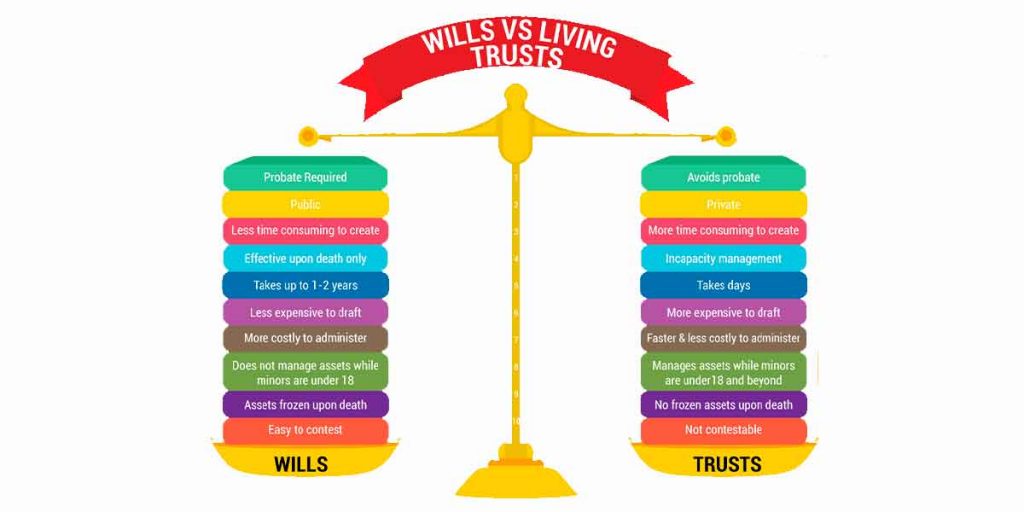Not everyone understands what estate planning really, which is quite unfortunate. Some people view estate planning as a plan meant for the old folks, while other view estate planning as a plan meant for those with valuable assets like luxurious cars, penthouses and the likes. Of course, estate planning looks that those terms that are related to the elites. However, such is a common misconception which I believe several lawyers and estate planning enthusiasts would quash.
What is Estate Planning?
Estate planning is a huge plan; one that involves the experience and expertise of an estate planning attorney. It is the job of this professional to ensure that your wishes are well documented in your estate plan. So, what is this estate plan you hear people talk about? Or in other words, what is estate planning?
Estate planning is a plan made to ensure that your assets are well managed and shared after your demise or incapacitation. An estate plan can be beneficial when you kick the bucket or when you get incapacitated. With this plan, you can direct or select who will inherit your assets after your demise. And if along the way you become incapacitated, and estate plan will ensure that you are well catered to.
Contact an estate planning attorney and plan your estate right away. Remember, no one knows when they will depart this world. And one of the greatest mistakes anyone can make is dying without an estate plan.
Without much ado, let us take a good look at some of the important estate planning documents.
Will
A will is one of the most important estate planning document. Without this legal document, your estate will be shared and managed based on the intestate laws of your state. A will is simply a document that contains your wishes. It contains how you want your assets to be shared, who you want to receive a portion of your assets, how you wish to be buried, the name of your estate executor, including other significant information.
Wills can vary based on their effectiveness, depending on the type, though no document will likely solve the problems that comes up after your death. If you die without a will, it would be impossible to execute your wishes. In addition, your heirs may end up spending extra time, money, including emotional energy to resolve your affairs after your demise.
What is a Trust?
A trust is another way to transfer one’s estate. It is simply a fiduciary relationship in which you give another party the rights to handle your assets for the benefits of a third party, your beneficiaries.
Trusts are created to provide legal protection for the trustor’s assets, to ensure that those assets are shared based on the wishes of the trustor, to save time, lessen paperwork, and in some instances, avoid or reduce inheritance or estate taxes. In finance, a trust can also be a type of closed-end fund created as a public limited company.
While some people believe in the notion that a trust is meant for only the wealthy, you should know that trusts are highly versatile instruments which can be used for a panoply of purposes to achieve specific aims. Each trust can be categorized into six wide categories, namely; living or testamentary, funded or unfunded, revocable or irrevocable.
Who is a Trust Attorney?
A trust lawyer is a lawyer who helps individuals set up trusts for their estate. This professional also provide advice and recommendations to individuals who wish to set up trusts. A trust lawyer can help you set up a trust that aligns with your wishes.
Who is a Will Attorney?
A will attorney is a lawyer that specializes in the creating of wills for individuals. These professionals have the experience, knowledge and resources needed to help you create a will that mirrors your wishes and adheres to the guidelines of the state government.
If your estate is not large, and you don’t have the money to hire a will attorney, you could leverage one of those effective will templates to create your will and give it to a will attorney to approve. Of course, you would be charged a small fee, but it would be nothing compared to the expenses of hiring a will attorney.









